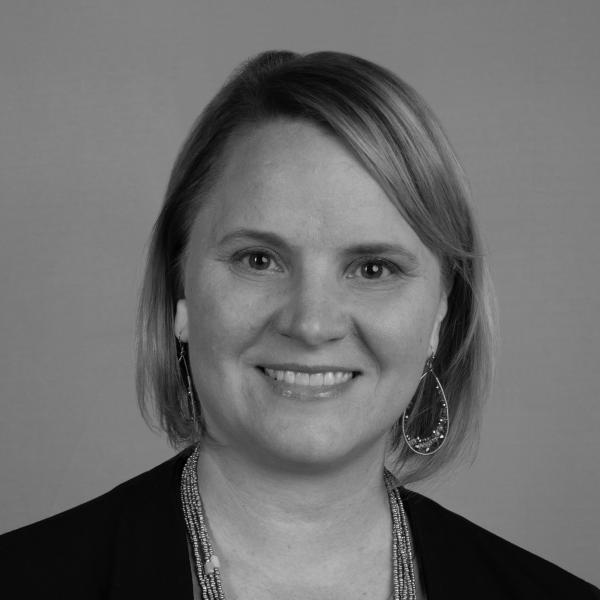 We all want to age well, so let’s learn from those who already have.
We all want to age well, so let’s learn from those who already have.
Emily Rogalski, Rosalind Franklin professor and Director of the Healthy Aging & Alzheimer’s Research Care Center at the University of Chicago, delves into the secrets.
Dr. Rogalski is the Rosalind Franklin Professor of Neurology and the Director of the Healthy Aging & Alzheimer’s Care (HAARC) Center at the University of Chicago. Her multimodal research focuses on two aging perspectives: primary progressive aphasia (PPA), in which neurodegenerative disease invades the language network, and SuperAging, in which 80+-year-olds are resistant to memory decline associated with aging. Her PPA research helps characterize its clinical and anatomical features, drivers of disease progression, identification of risk factors, and refinement of cognitive neuroscience of language. She leads a global randomized controlled trial for Communication Bridge, a novel nonpharmacologic intervention delivered via telemedicine for individuals with PPA. She operationalized the SuperAging phenotype and leads the international SuperAging Research Initiative, which holds promise for identifying protective factors for avoiding AD, optimizing health span, and reducing aging stigma.
Unlocking the Secrets of SuperAgers
What if living to age 80 or beyond didn’t mean losing your memory but instead retaining it as sharp as someone 30 years younger? That’s the extraordinary reality for a rare group called SuperAgers. These individuals, aged 80 and older, demonstrate exceptional memory skills, defying the usual cognitive declines associated with aging.
SuperAgers offer a unique lens to study the biology of brain aging, resilience, and resistance. By exploring what keeps their memories intact, researchers aim to identify strategies to maintain cognitive health and stave off Alzheimer’s disease and related dementias.
The initiative’s multidisciplinary approach includes brain imaging, genetic testing, and biospecimen analysis, alongside cutting-edge wearable technologies. Participants’ sleep, physical activity, and social engagement are tracked to uncover patterns that might protect against cognitive decline.
Importantly, the SuperAging Research Initiative prioritizes diversity, striving to include participants from various backgrounds to ensure findings benefit everyone.
By studying SuperAgers, researchers hope to reveal modifiable factors—lifestyle changes or interventions—that could help others preserve memory and quality of life into old age. In our early biologic studies we discovered that the thickness of the cortex (or outer layer of the brain) is thicker, resembling that of a 50-year-old rather than an 80-year-old. From a lifestyle standpoint, SuperAgers tend to endorse strong social connections with others. The promise of this research isn’t just understanding these exceptional individuals but using their insights to promote healthier aging for all.

